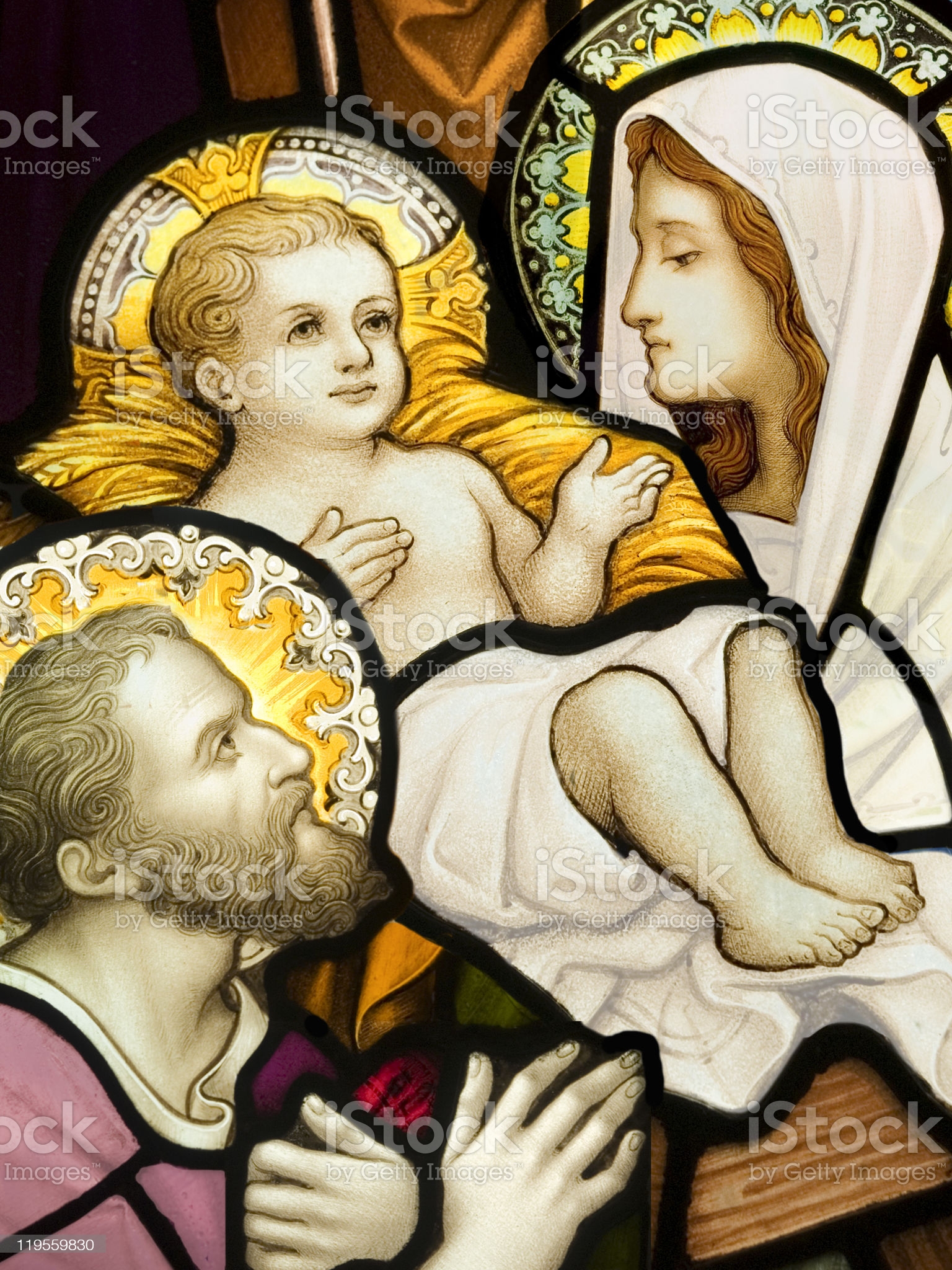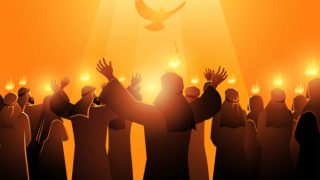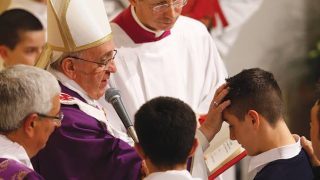
A FAMILY OF LOVE AND SACRIFICE
HOMILY FOR THE HOLY FAMILY OF JESUS, MARY AND JOSEPH, YEAR C. Readings: 1Samuel 1:20-22.24-28; Psalm 84; 1John 3:1-2.21-24 and Luke 2:41-52.
Traditionally, on the first Sunday in the Octave of Christmas, which apparently is the last Sunday of the year, we celebrate the Holy family of Nazareth, the family of Jesus, Mary and Joseph. God is born into a family and so, He calls us as family through the readings to re-examine the nature and structure of our families. The Liturgy of today calls us to reflect on the scriptural background of family and family as the basis for a civil society, as well as what it entails to have a peaceful and loving family.
Obviously, the structure of family life has been challenged greatly over the years. The shaking foundation of the family goes down to the concept of marriage as some opine for marriage between two, even if they are of same sex. This is one of the challenges confronting family life. Crazy things are happening of recent with so many families as some want their cats and dogs be included as family members. In today’s liturgy, we recall that the family remains the fundamental arch on which the structure of human society is raised; it is the nuclear unit of the society on which the whole structure of the society rests, when we destroy or weaken the family structure, we do the same to the society. As basis for civil society, the family has the foundation of human relationship where virtues are raised, such as love, peace, kindness, gentleness among others, not vices.
As the liturgy of today reminds us of the meaning and structure of family, it brings to our minds the divine family of God, made up of the Father, the Son and the Holy Spirit. When the Son took flesh at Christmas, He was born into the family of man, making the family of Jesus, Mary and Joseph. This ideal family reflects the divine family for everyone to take as model. It wasn’t the case that they had no challenges or difficulties. They had theirs! The very work of Joseph as carpenter depicts a low-income earner. Even the place of Christ’s birth (the manger) depict poverty. Invariably they had economic challenges. They also had security challenges, Joseph and Mary running for the safety of the Child Jesus, whose life was threatened by Herod. They were refugees at some point, practically like us in everything but not sinners. The life of the Holy family is summed by love and sacrifice as seen in the readings of today.
The first reading presents to us the family of Hannah and Elkanah, who had their challenge of childlessness, later Hannah conceived and bore a son, and she called his name Samuel, for she said, “I have asked him of the Lord.” This family is also an example of love and sacrifice. The child they long expected and love so much, we were told when she weaned Samuel, she dedicated him to God’s service at Shiloh, the same child they long expected and loved so much. This was hard for Hannah and Elkanah, their willingness to fulfill the vow even at great personal cost is evidence of the godliness in them. It was a remarkable act of love and sacrifice, which foretell that of Mary and Joseph, and the culmination of this sacrifice is in Jesus Christ. They were not so attached to their precious gift, they gave it back to God.
The Gospel narrative on the finding of the child Jesus in the temple throws light to the common problems and challenges of families. The Holy Family is not left out in this regard. We can imagine losing a precious gift like Christ on a Passover pilgrimage and the trauma his parents must have passed through. As we would expect from diligent and godly parents, they took the effort of finding their Son Jesus among their kinsfolk and acquaintances; and when they did not find him, they returned to Jerusalem in search of Christ and found him after three days in the temple.
“After three days in the temple” brings to mind the theme of sacrifice, which can be narrowed down to the Holy Mass. Just as Hannah offered her son Samuel to the service of God at Shiloh, Mary offered her Son Jesus Christ as the living Sacrifice. In an article of St. Chrysostom, “Mary was the first to say mass, by agreeing to the incarnation and so preparing the victim (Christ).” She is portrayed as one who began the mass from the incarnation, and fulfills the role of the sacrificial priest, who offers the sacrifice of her Son, her own flesh and blood to be the bread of life and she present this to the world as at Jesus’ birth and his death. She can say better than any priest, “This is my body, this is my blood.” Beginning the sacrifice of the holy mass from the incarnation, down to the presentation of her Son in the Temple, which is her offering and finally the sacrifice of her Son on the cross of Calvary as Christ did himself. So we can affirm she began and ended the sacrifice of the Holy Mass, an expression of God’s love to us.
St. John in the second readings tells us, “See what love the Father has given to us, that we should be called children of God and so we are… to belief in the name of Jesus Christ and love one another just as he has commanded us.” Just as Hannah and Mary, we are called to a life of love and sacrifice, and when we place God first in our lives and family, challenges and problems will only be a stepping-stone to a life of holiness.
In a nutshell, the family of Samuel, Hannah and Elkanah was a foreshadow of the Holy family of Jesus, Mary and Joseph, the perfect example for our family life. We can imitate this family in love, in holiness and sacrifice. When we embrace these virtues of love and sacrifice, it drastically reduces all vices of selfishness, hatred and bitterness in us that stands to destroy our families. Jesus, Mary and Joseph – Make our families like yours.
Happy Sunday!
Fr. Ken Dogbo, OSJ










